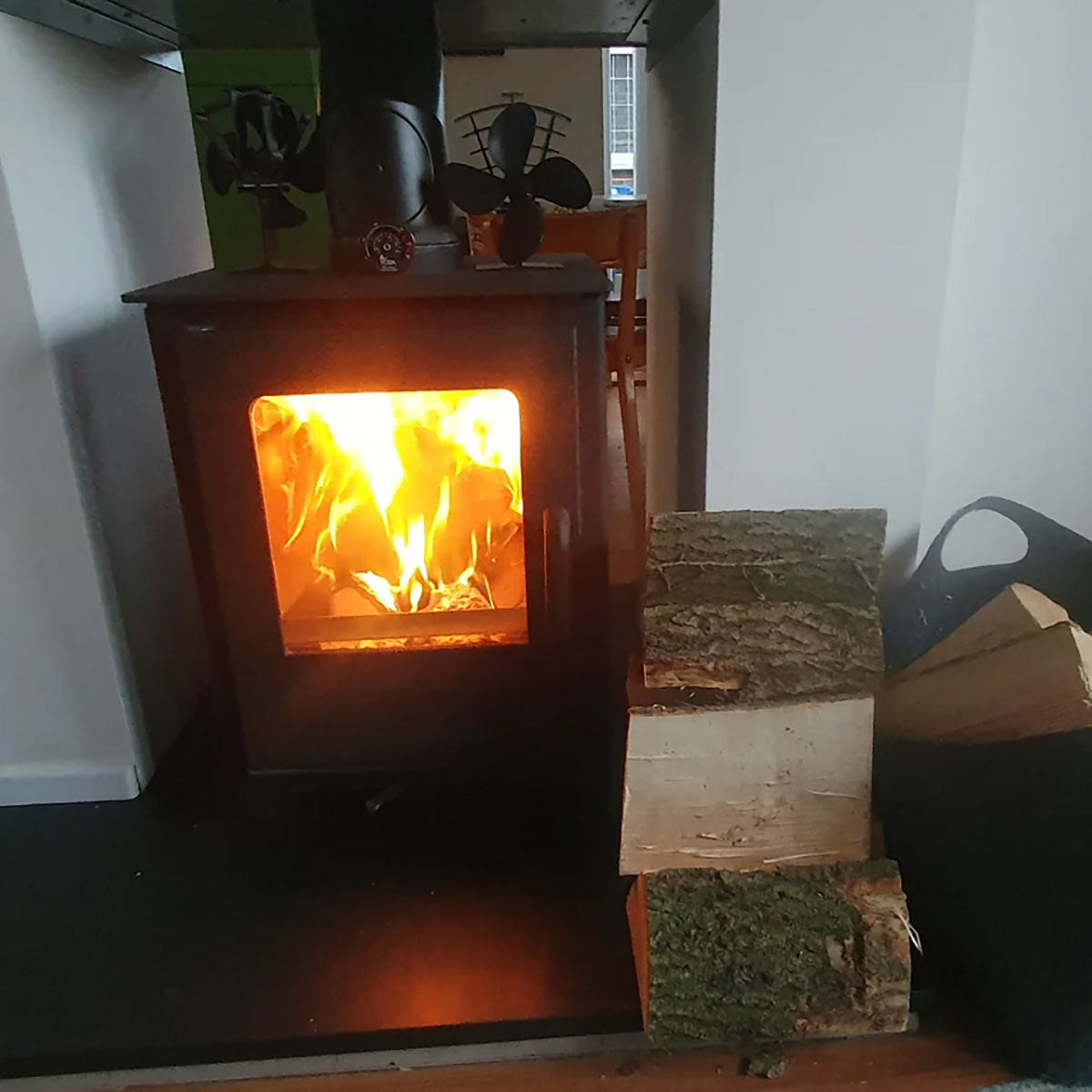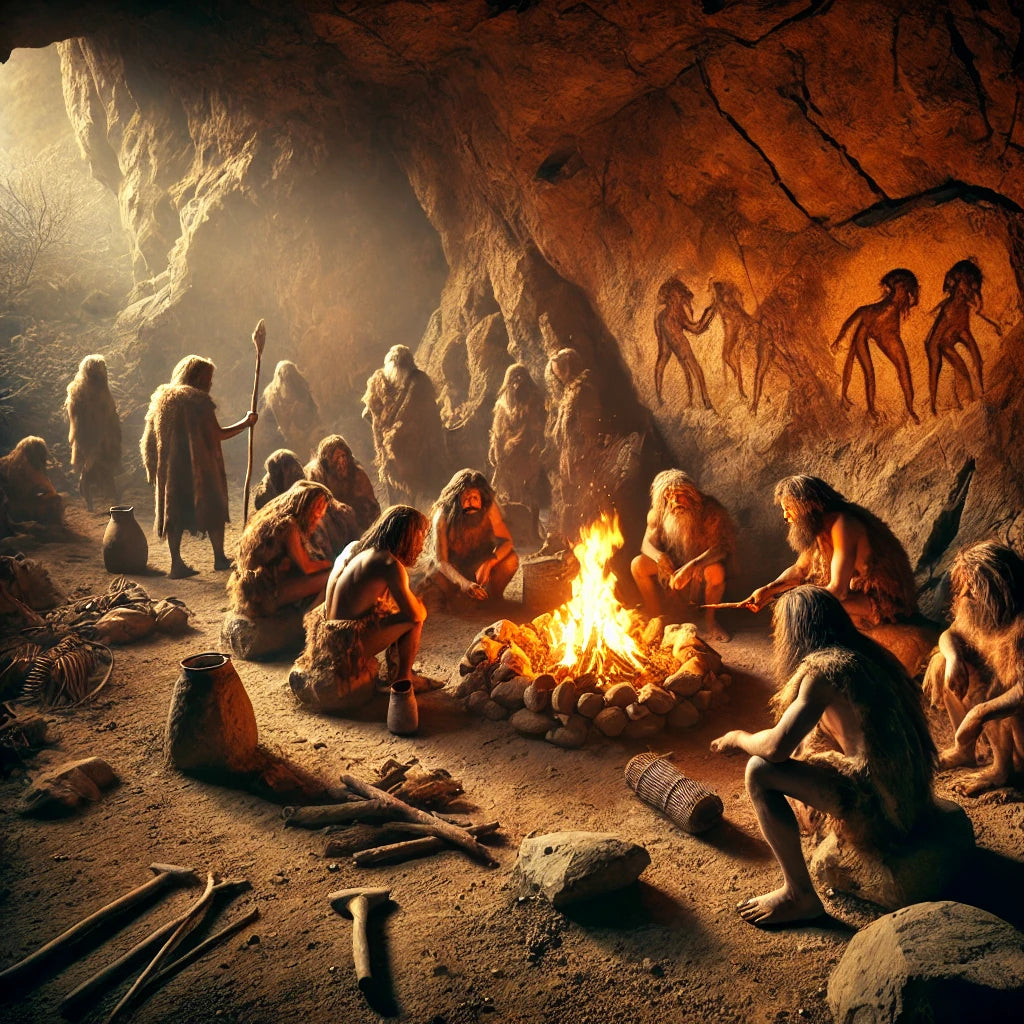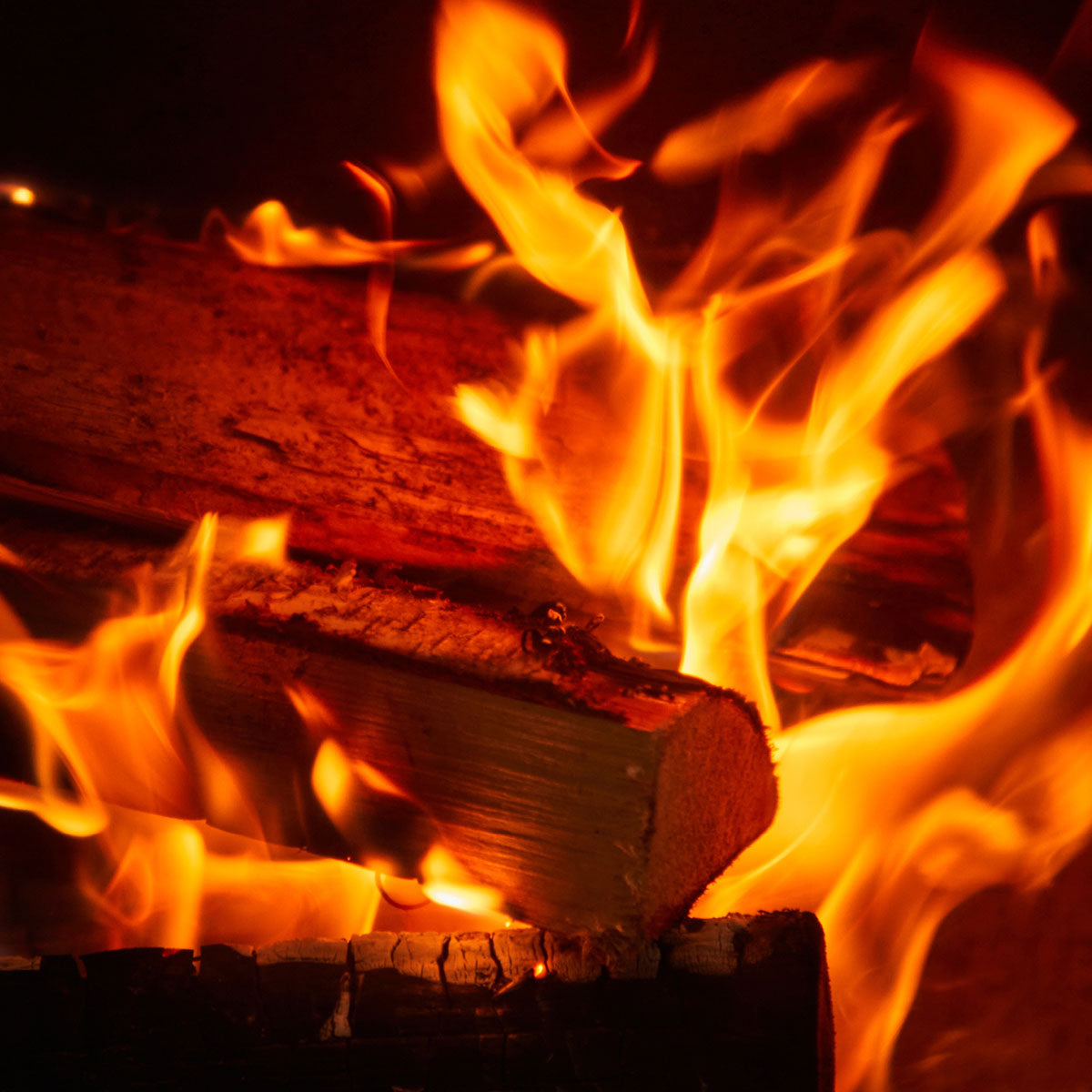Why use a woodburner?

Embracing the Warmth:
The Unmatched Attributes of Wood-Burning Stoves Over Gas Heating Systems
When it comes to heating our homes, we are presented with a choice between traditional and modern methods. Wood-burning stoves, with their timeless charm and captivating ambiance, have been cherished for centuries. In this article, we'll explore the best attributes of wood-burning stoves and shed light on their advantages over gas heating systems.
Eco-Friendly Warmth: Wood-burning stoves offer a renewable and eco-friendly heating option. Unlike gas heating systems that rely on fossil fuels, wood is a sustainable resource when harvested responsibly. The carbon dioxide released during wood combustion is balanced by the carbon absorbed by growing trees, making it a more environmentally conscious choice.
Energy Independence: With wood-burning stoves, you're not reliant on a constant supply of gas. This energy independence can be particularly valuable during extreme weather conditions or disruptions in the gas supply. You'll always have a reliable source of heat, especially in rural or remote areas.
Aesthetic Appeal: The mesmerizing dance of flames within a wood-burning stove creates a warm and inviting atmosphere that's hard to replicate with a gas heating system. The rustic charm of a wood stove becomes a centerpiece in any living space, enhancing the overall aesthetics of your home.
Cozy Ambiance: The crackling sound of burning wood and the cozy, radiant heat it provides can't be matched by the sterile warmth of a gas heating system. Wood stoves create a sense of comfort and nostalgia, making your home a retreat from the outside world.
Lower Energy Costs: Wood is often more affordable than gas, which translates into cost savings on your heating bills. Additionally, the upfront cost of installing a wood-burning stove can be offset by long-term savings, especially if you have access to a free or inexpensive source of firewood.
Cooking Capabilities: Many wood-burning stoves are designed with cooking surfaces or ovens, adding a functional element to your home. This dual-purpose feature not only provides efficient heating but also offers a unique cooking experience that connects you with traditional culinary methods.
Reliability During Power Outages: When the power goes out, a wood-burning stove remains unaffected. You can continue to enjoy warmth and hot meals, ensuring the well-being of your family during unexpected outages.
Minimal Environmental Impact: Wood-burning stoves have come a long way in terms of efficiency and emissions control. Modern designs incorporate advanced combustion technology that minimizes smoke and particulate emissions, ensuring a cleaner burn and reduced impact on air quality.
Connection to Nature: Gathering, chopping, and preparing firewood can establish a connection to nature and the changing seasons. This hands-on approach to heating fosters a sense of self-sufficiency and a deeper appreciation for the environment.
Wildlife: Our wood is all locally sourced from sustainable woodlands. These woodlands provide a home for an abundance of wildlife and the rotational harvesting methods used limit the impact on the biodiversity of the woodland.



